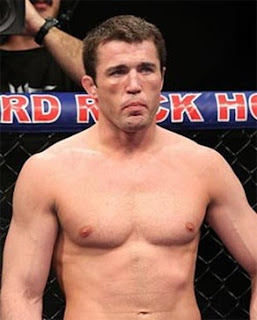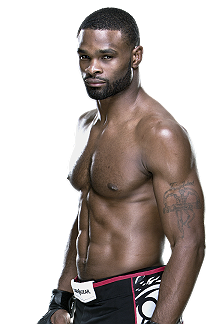This week was a big one for the career of UFC light heavyweight Thiago Silva. He was forced to accept his punishment for not only taking an illegal substance before his UFC 125 bout, but also trying to tamper with the results of his test. Silva was caught and subsequently fined and suspended by the Nevada State Athletic Commission. I would like to ask, is that punishment enough and should the UFC step in?
Silva was fined $33,750 by the NSAC and suspended for one year. For the mixed martial artist this is a very heavy penalty. As we have seen numerous times, a fighter who is returning from such a long layoff normally has a very hard time being successful right out the gates. We’ve seen this from stars such as Quinton “Rampage” Jackson, Randy Couture, Mauricio “Shogun” Rua, as well as many others. Returning from a serious back injury, Silva claimed that he did not want to pull out of the fight at the last minute and jeopardize his place with the UFC, or within MMA as a whole. But in the end, he was still caught, and now faces a stiff punishment, and his place within the UFC as well as the sport is still jeopardized.
Still, is it enough? Personally I believe that the UFC, as leaders in the industry, should do more to punish fighters within its organization that are caught with some form of connection to PED usage. Dana White and the UFC executives have been quick to react to fighters who put on a bad fight (Gerald Harris), or those who have acted out during combat (Paul Daley), but why have they not come down on those who have been caught using performance enhancing drugs?
For example, Sean Sherk was suspended by the California State Athletic Commission after he failed a test and was stripped of his UFC Lightweight title by the UFC. However, immediately upon his return he was given a title shot. The UFC has recently dodged two major bullets, as title contenders Chael Sonnen and Shane Carwin were both linked to PEDs or failed tests almost immediately after losing their title bids. On top of that, Sonnen now faces sentencing after pleading guilty to federal money laundering charges. These fighters put their own health at risk and potentially gave the sport a black eye, particularly if they had been wearing UFC gold when their scandals broke.
The UFC should have come down harder on these individuals to set an example of what they will not tolerate in their promotion. It seems like they are quick to punish fighters for offenses that can potentially cost them money and hinder their expansion, however they lack the same fervor against transgressions related to PEDs. Their actions should be more consistent.





The article compares the UFC's reaction to poor performance with PED violations. I think Raphael addresses his own issue when he says: they [the UFC] are quick to punish fighters for offenses that can potentially cost them money and hinder their expansion. This is business and the last thing Zuffa are going to do is put high level competitors on the shelf when they don't have to.